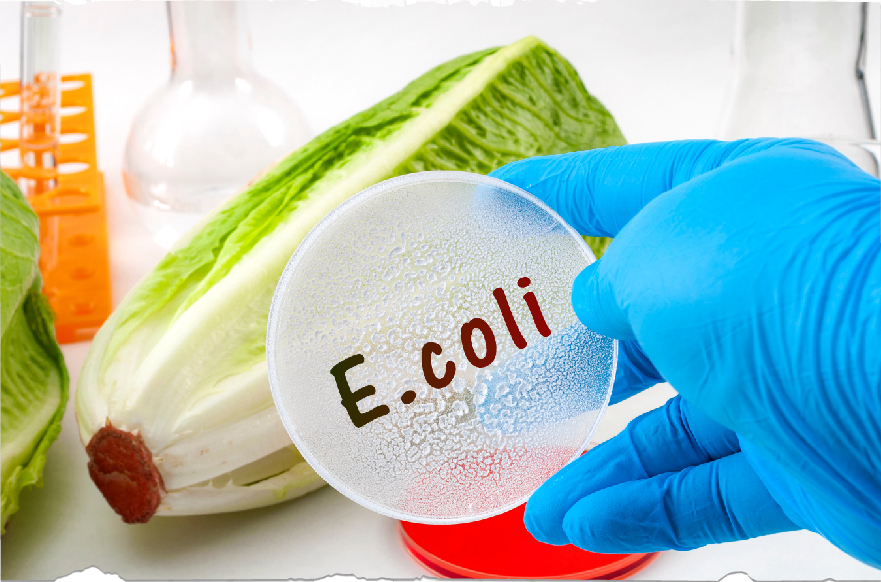In days gone by food was locally sourced. We knew that our eggs were from ‘’Joe Smith’s Hen House’’ or that our apples were from Lola White’s orchard down the road
Farmers work hard to grow their produce, earn a living and feed our nation but as food supply chains have become more complex, consumers know far less about where our food has come from and how it got to the retailer.
Producers use a supply chain to be able to get their produce to the consumer. This involves transport, possibly refrigeration and depending on the product, there may also be time limits in which the products (meat products for example) need to be delivered to ensure they are safe to eat.
Consumers are no longer satisfied with not knowing the origins of their food and farmers want them to know where the food came from and that it is safe to eat. To solve this issue, we have developed a tool that makes everyone along the supply chain visible and accountable. With the Leafy Greens Supply Chain tool we can record the origin and the journey of our food from the paddock to the plate, meeting the needs of both farmers and consumers.

There are thousands of products and supply chains to track, but some have bigger challenges than others. According to the FDA, leafy greens are among the most widely consumed vegetables and an important part of an overall healthy diet. Millions of servings are consumed safely every day, but leafy greens have been repeatedly associated with illnesses caused by pathogenic E. coli. More must be done to break this cycle of dangerous illnesses.
Most leafy greens are grown outdoors, where they may be exposed to human pathogens via contaminated soil, fertilizers, animals, air/dust, and/or water. In addition, leafy greens are mostly eaten raw which means there is no cooking and no other processing steps to eliminate microbial hazards.
Our goal is to create complete transparency through the use of the Leafy Greens Supply Chain tool to assist in reducing food borne illness.
